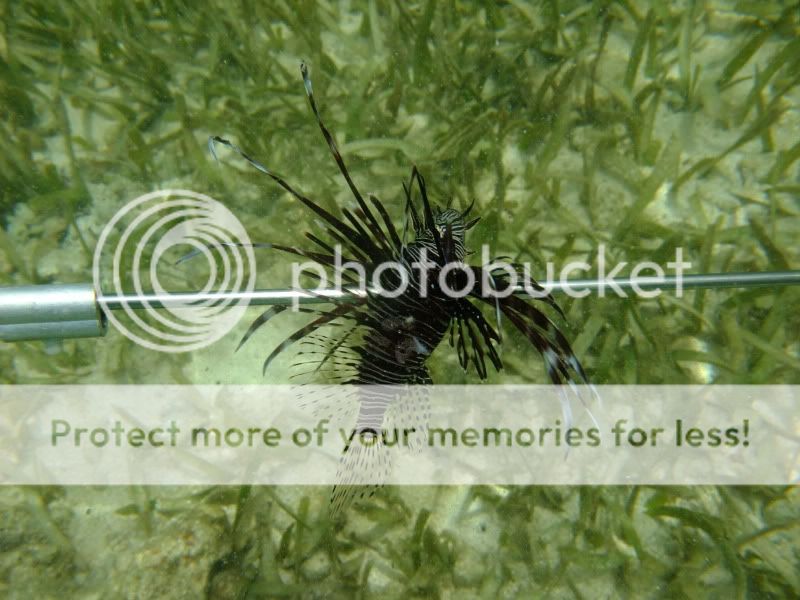megatron8121
New member
I came across a profile on twitter today that is about killing lionfish off around the Fl. keys area. I haven't heard much about it but I was wondering if this is necessary? Why do they have to kill them?
Like I said I don't know much about it, but as an owner of a lionfish I feel there has to be another way then killing these beautiful creatures....
:sad1::sad1::sad1:
Like I said I don't know much about it, but as an owner of a lionfish I feel there has to be another way then killing these beautiful creatures....
:sad1::sad1::sad1:




